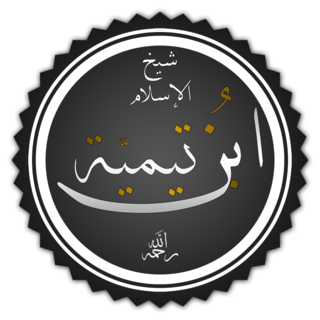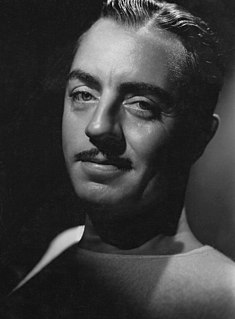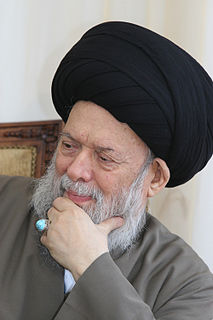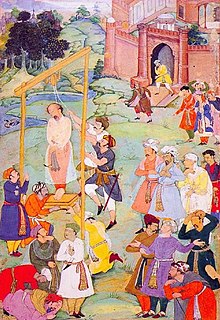A Quote by Ibn Taymiyyah
It is strange that a person may find it easy to protect himself from: eating Haraam, oppression and injustice, adultery, theft, drinking khamr (alcoholic drinks), and from unlawful looking, but it is hard for him to restrain the movement of his tongue. How often do we see people who are very cautious about falling into shameful deeds or injustice, but their tongue lashes against the living and the dead and they don't mind it?
Related Quotes
No one who passively endures an injustice against himself has the material in him to struggle for the rights of others. The one who patiently forbears becomes an accessory to the injustice done to others. He who resists the injustice which he himself meets can open up the way to a higher right for others.
In the face of brutality I was prudent. Before injustice I held my peace. I sacrificed the things in hand for the good of the hypothetical whole. I believed in the tongue instead of the fist. As an armor against oppression I taught patience and faith in the human soul. I know now how wrong I was. I have been a traitor to myself and to my people. All that is rot.
The hundred-point man is one who is true to every trust; who keeps his word; who is loyal to the firm that employs him; who does not listen for insults nor look for slights; who carries a civil tongue in his head; who is polite to strangers without being fresh; who is considerate toward servants; who is moderate in his eating and drinking; who is willing to learn; who is cautious and yet courageous.
We have all had injustice happen to us. It often shapes our failure narrative. For example, maybe you were fired and not you don't trust colleagues as easily in the future. You may not overcome injustice but you need to be aware of how it affects you today. You can't avoid injustice but that doesn't mean you need to be a prisoner of it.
The whiskey warmed his tongue and the back of his throat, but it did not change his ideas any, and suddenly, looking at himself in the mirror behind the bar, he knew that drinking was never going to do any good to him now. Whatever he had now he had, and it was from now on, and if he drank himself unconscious when he woke up it would be there.
Throughout my life, I have always supported the human being in his humanism and I have supported the oppressed. I think it is the person's right to live his freedom and it is her and his right to face the injustice imposed on each by revolting against it, using his practical, realistic and available means to end the oppressor's injustice toward him, whether it is an individual, a community, a nation, or a state; whether male or female.
While the poet entertains he continues to search for eternal truths, for the essence of being. In his own fashion he tries to solve the riddle of time and change, to find an answer to suffering, to reveal love in the very abyss of cruelty and injustice. Strange as these words may sound I often play with the idea that when all the social theories collapse and wars and revolutions leave humanity in utter gloom, the poet--whom Plato banned from his Republic--may rise up to save us all.









































